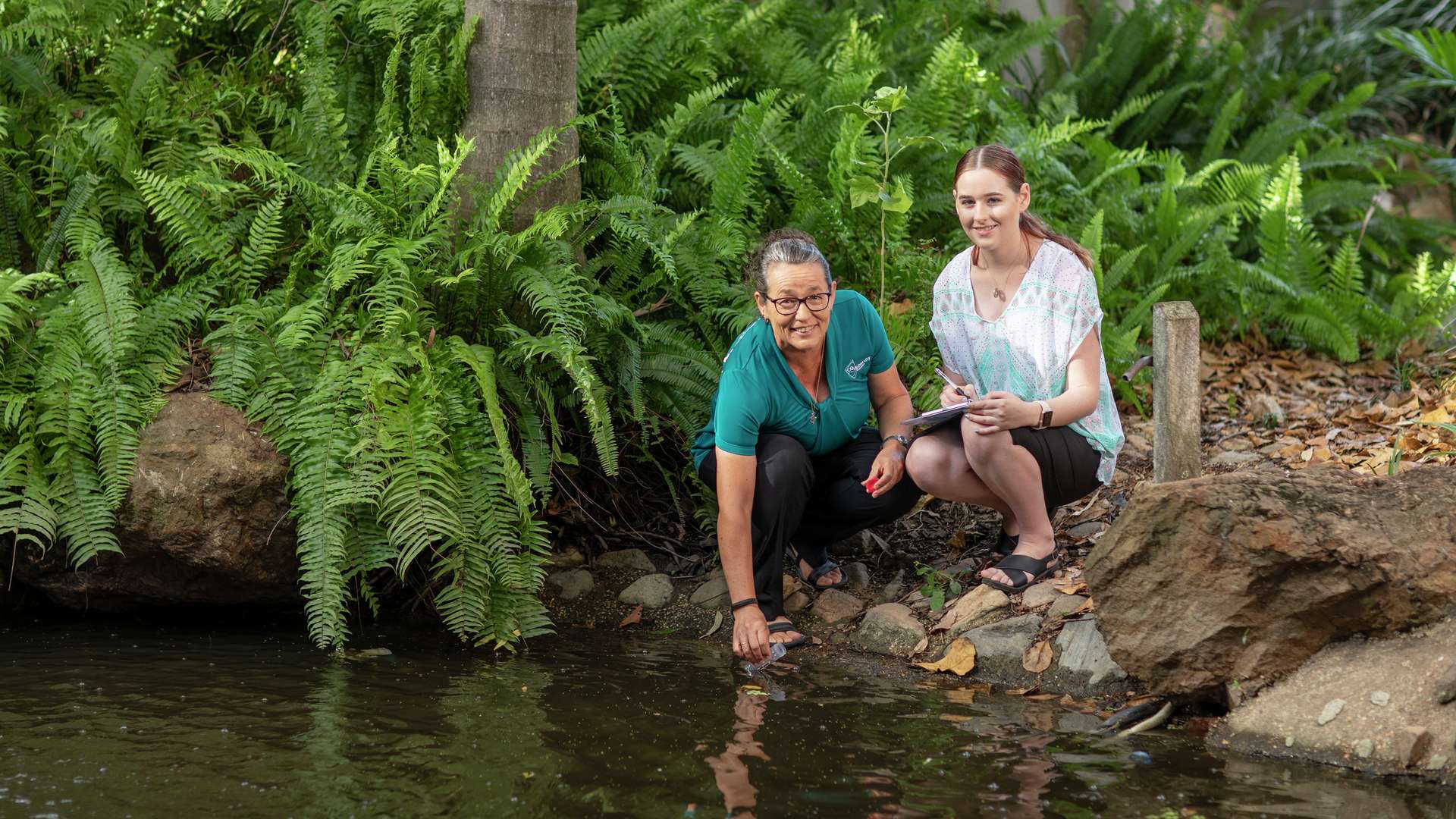Graduate Diploma of Public Health
Duration
1 year full-time, 2 years part-time
Location
Online
Next start term
Term 2, 2025
Study mode
On Campus, Online
Course code
CL44
First-year fee
$28,992 (Indicative) (FFP)

Overview
Study Experience
- Authentic Learning Experiences
- Experienced Teaching Team
- Seamless Pathways
Structure & Availability
Requirements
Fees & Scholarships
Please Select
